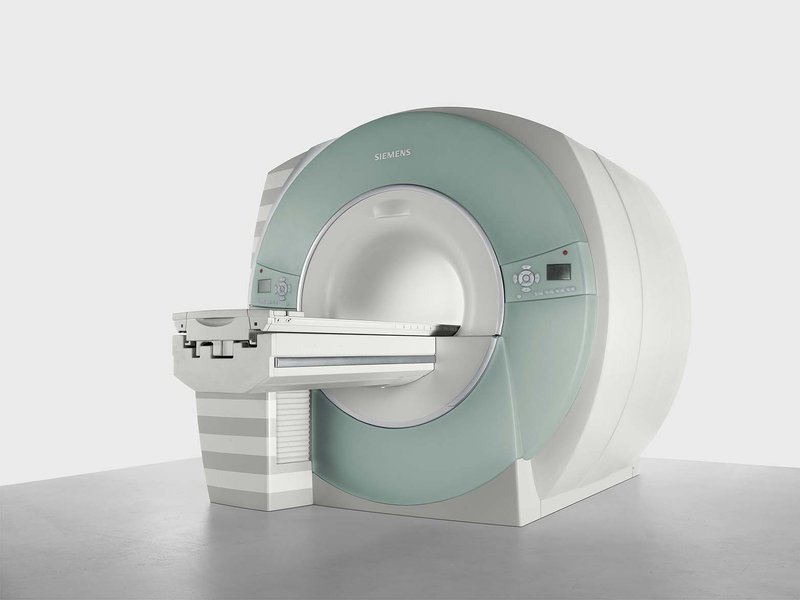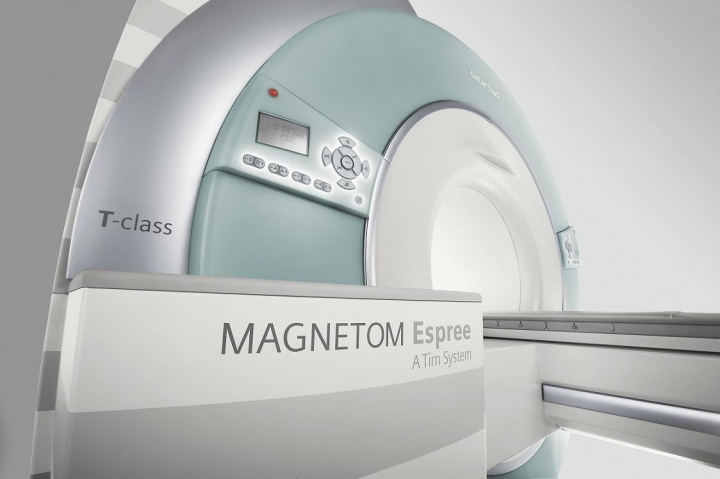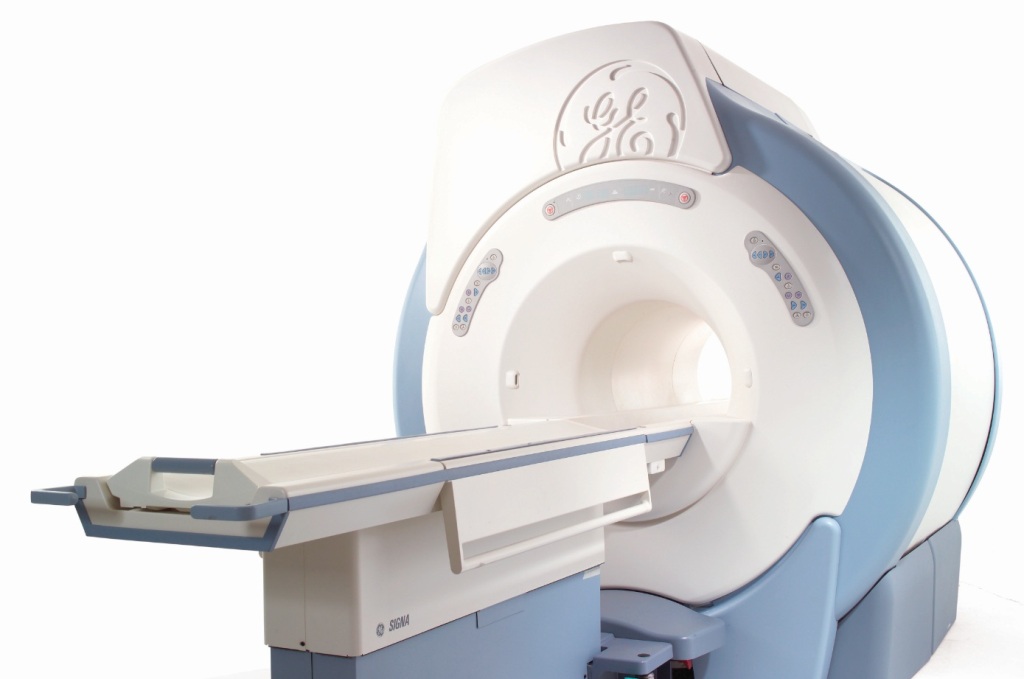Magnetic resonance imaging
Magnetic resonance imaging (MRI) is currently one of the most modern diagnostic imaging methods. The results of the examination mainly depend on the capabilities of the used MRI scanner. High-field MRI produces the most informative images. The advantages of high-field MRI are high scanning speed, high image resolution and advanced software. One advantage of an MRI scan is that it is harmless to the patient because no ionizing radiation is involved.
Our Centre performs MRI scans of the following organs and tissues:
|
|

State-of-the-art Siemens Magnetom Trio A Tim 3.0T MRI scanner for ultra-high field imaging at the Main Clinical Complex (2 Akkuratova street) |

New SIEMENS Magnetom Espree 1.5T MRI scanner for high field imaging at the Perinatal Centre |

SIGNA EXITE 1.5T MRI scanner of General Electric for high field imaging at Polenov Neurosurgical Institute |
MRI is a powerful tool for detecting many conditions and diagnosing diseases at an early stage.
This method is more informative than ultrasound and X-ray for the evaluation of patients with neurological and neurosurgical problems because the brain and spinal cord are not fully accessible to these imaging techniques.
MRI contraindications
Patients with absolute contraindications should not be examined. Relative contraindications may pose a relative hazard and such patients can be scanned only with special MRI safety precautions.
Absolute contraindications:
- Shrapnel or any other type of metal fragment
- Ferromagnetic implants
- Pacemakers, prosthetic heart valves
- Ear implants (electronic/ferromagnetic)
- Implanted insulin pumps or neural stimulators
Relative contraindications:
- Intra-cranial vascular clips
- Pregnancy (first trimester)
- Prosthetic heart valves (non-magnetic, with signs of dysfunction)
- Cardiovascular and renal artery stents (first 1.5 months after surgery)
- Metal clips in abdominal or pelvic vessels (first 1.5 months after surgery)
